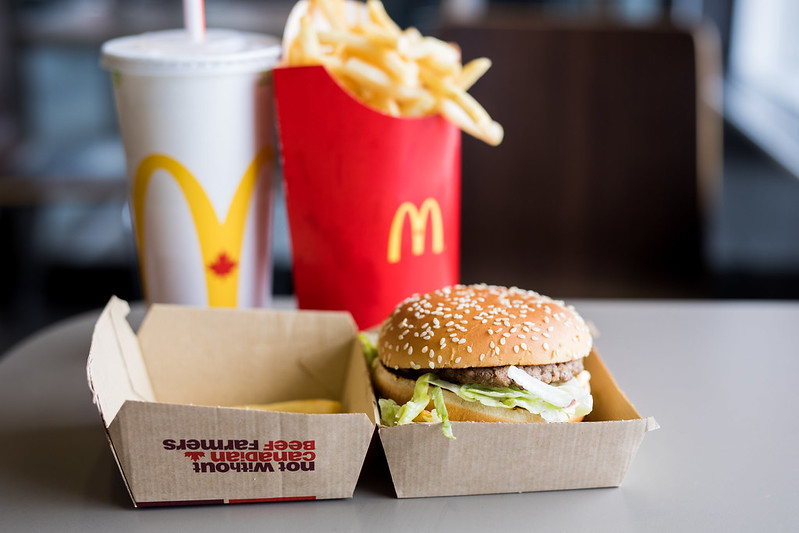McDonald’s has reported a 3.6% drop in US same-store sales for the first quarter of 2025, marking its sharpest domestic decline since the height of the pandemic. The fall — significantly worse than analysts’ forecast of a 1.4% contraction — reflects growing economic pressures on American consumers and highlights broader signs of fragility in the retail and hospitality sectors.
Chief Executive Chris Kempczinski said the trading environment had become increasingly difficult, noting that both low- and middle-income customers had reduced their visits. Breakfast sales, often a strong performer for McDonald’s, were particularly affected. Kempczinski added that geopolitical uncertainty and the fallout from new US tariffs — including steeper import costs and wider inflationary pressure — had weighed on consumer sentiment.
The sales figures represent McDonald’s second consecutive quarter of declining performance in its largest market, despite the company’s efforts to revive demand through promotions such as a new “$5 meal deal” and a marketing tie-in with the upcoming Minecraft movie release. Nevertheless, these initiatives appear insufficient to offset the squeeze on discretionary spending, as Americans grapple with higher living costs and reduced purchasing power.
The sales weakness was not confined to the United States. McDonald’s global same-store sales fell by 1% in the quarter, with growth in Japan and some Middle Eastern markets failing to fully offset declines elsewhere. Revenue dropped 3% to $5.96 billion, missing Wall Street estimates, while net income fell to $1.87 billion.
Kempczinski also cited rising anti-American sentiment in some regions, particularly in northern Europe and Canada, as an emerging headwind for international operations. Although the company maintains a strong global footprint, concerns over brand perception could create additional challenges in an already volatile environment.
The results arrive amid a broader pattern of weakening retail earnings across the US, with several major brands reporting slower footfall and consumer pullback. Economists suggest that tariff-driven price increases, alongside softening wage growth and lingering cost-of-living pressures, are beginning to filter through into everyday spending behaviour.
Despite the disappointing results, McDonald’s management remains cautiously optimistic that promotions and menu innovation can stabilise performance later in the year. However, investors are likely to be watching closely for signs of further deterioration, especially if broader macroeconomic conditions worsen or geopolitical risks escalate further.
Image credit: www.quotecatalog.com




